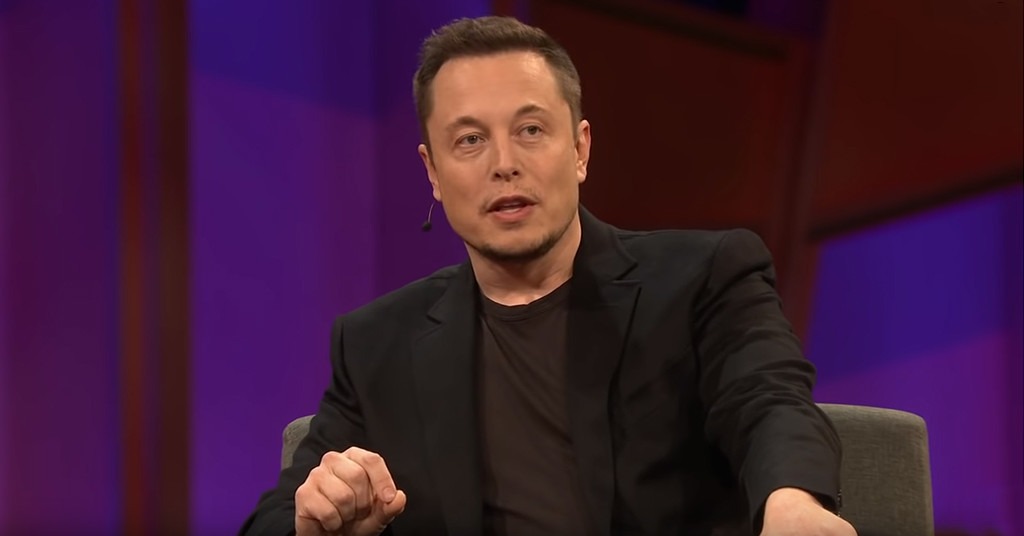Today we summarise the main tech scandals that defined social and political life in 2018

Biggest tech scandals of 2018. Source: shutterstock.com
At the beginning of a year, we tend to recollect all failures and achievements from the past year. It helps to see the progress and improve all the shortcomings. Today we summarise the main tech scandals that defined social and political life in 2018.
1. Google jeopardized its own vision by getting involved in the military business
In March 2018 it became officially known that Google signed a contract with the US Department of Defense (DoD). The joint initiative called Project Maven was aimed at incorporating artificial intelligence (AI) technologies into video images analysis.
The public was outraged assuming that such developments might be used for military missile attacks carried out by drones. Though increasing the accuracy might prevent civilian casualties, for the employees it meant an obvious distortion of corporate values.

Google signed a contract with the US Department of Defense (DoD). Source: shutterstock.com
Some employees demonstratively quit, while many others signed an official letter to Google’s CEO Sundar Pichai. They demanded that management cancel this cooperation. The staff didn’t want to have anything to do with war actions.
The company considered public opinion and integral struggles enough to reportedly reject renewing this notorious contract after its termination in 2019. However, up to that date, Google is determined to fulfill their commitment to the DoD.
This scandal has compromised their corporate ethics based on the main principle of not using technologies for evil deeds. It undermined the internal and external belief in Google management’s integrity.
2. Woman killed by a self-driving Uber car
The outraging accident took place this March in Tempe, Arizona. A female pedestrian was hit by a driverless vehicle developed by Uber. The victim did not survive the accident.
This has postponed the ongoing trials of the autonomous vehicles within the company as well as discrediting the technology in general. Not only Uber, but also the other companies working on self-driving cars, such as Waymo and GM, now have to go to extra lengths to prove the public safety of their services.

Self-driving rides were mostly tested on highways where it is easier to navigate. Source: shutterstock.com
Though very promising, self-driving rides were mostly tested on highways where it is easier to navigate. Urban trips, on the other hand, involve many intersections and unexpected human appearances. Improving the self-steering technology may take a long time. For now, lawmakers and users may insist on having a backup driver able to timely prevent an accident. Even a few tragic crashes will make people unwilling to utilize self-driving cars despite all their potential.
3. Facebook users compromised by Cambridge Analytica
A huge number of Facebook users found out that their data was used in an unauthorized way to influence the results of the presidential campaign. 87 million people were targeted by Cambridge Analytica employed by Trump’s team.

A huge number of Facebook users found out that their data was used in an unauthorized way. Source: shutterstock.com
The choice of affected users was based on their previous political affiliations and probably social network comments. Zuckerberg had to give testimonies before the US Congress to prove the company did not violate the data storage agreement. Technically, users should be aware their data can be analyzed but people rarely read the agreement terms.
The data firm misusing personal data was suspended from Facebook, but the question of political bias and privacy violation of this social network persists. This has given rise to the #DeleteFacebook movement.
4. Facebook’s fake news leading to violence
Facebook’s reputation has further suffered from the accusations in allowing fake news to spread. Some of them were posted by Russian trolls perpetuating international hostility. Others led to hate crimes in Myanmar.

The UN considers violence against Rohingya Muslims to be a result of hate speech shared via Facebook. Source: wikimedia.org
The UN, along with other humanitarians, considers violence against Rohingya Muslims to be a result of hate speech shared via the social network. Hundreds of representatives of this ethnic minority had to flee from the country where violent movement threatens them with murder, rape, and arson. These hateful attitudes are propagated in Facebook posts.
Global communities urge the company’s management to take information sharing more seriously and control the violent content.
5. Elon Musk pays $20 million to settle a lawsuit over his tweet
Tesla CEO tweeted he was considering taking the company private. After that, the Securities and Exchange Commission started a legal suit against Musk’s “false and misleading statements”.
As a result, Musk had to pay a $20 million fine. Lawyers insisted he had to wait before the deal was made before revealing information about it in such a certain manner. Musk’s actions were labeled as manipulating the share price and misleading investors.

Musk had to pay a $20 million fine. Source: youtube.com
6. Facebook’s hack endangered over 29 million people
Another Facebook scandal fostered a new boom of #DeleteFacebook movements. Criminal spammers used the security flaw in the site’s “View As” feature to receive highly sensitive data.
29 million accounts were hacked. Not only names, but birth dates, phone numbers, locations, other profile data, and even search histories were leaked to the intruders. This is alarming, as it may potentially lead to identity thefts, targeted frauds, and robberies, or any other personal attacks. Linked accounts on other social networks could have also been affected.

29 million accounts were hacked. Source: shutterstock.com
The FBI is conducting an investigation on the case without disclosing any details of suspects.
7. Android creator receives $90 million from Google after being fired for sexual harassment
This year the New York Times report revealed scandalous details of Andy Rubin’s sudden dismissal in 2014.

A woman accused the Android creator of forcing her to perform an oral sex act. Source: shutterstock.com
A woman accused the Android creator of forcing her to perform an oral sex act. Her complaint was obviously found credible by Google’s management, as Rubin was soon let go. However, the company reportedly offered him a huge exit payment of $90 million. This sum was divided into smaller amounts paid monthly over the last four years.
Though Google denied allegations of paying the exit money, their hiding the fact of alleged sexual misconduct frustrated their employees. Thousands took part in November walkouts to protest the improper corporate reaction to sexual harassment.
SEE ALSO: Facebook celebrates its 15-year anniversary: facts & infographic









